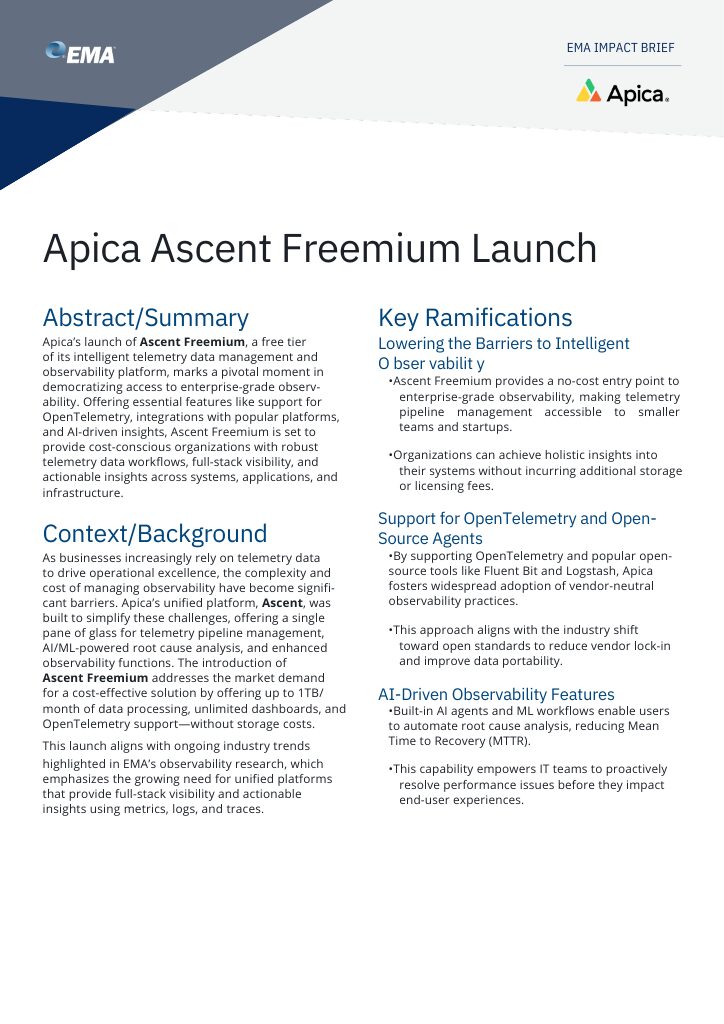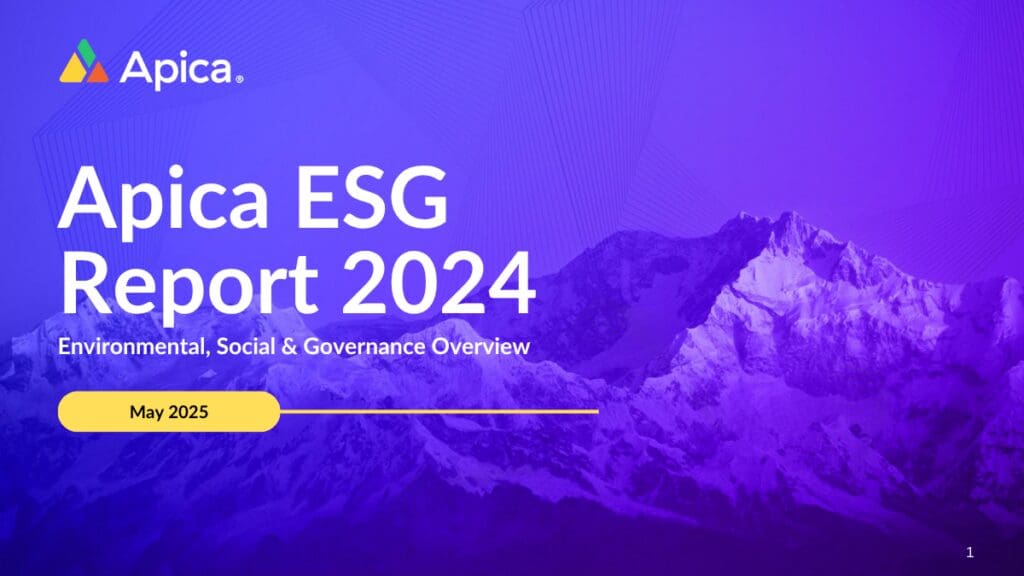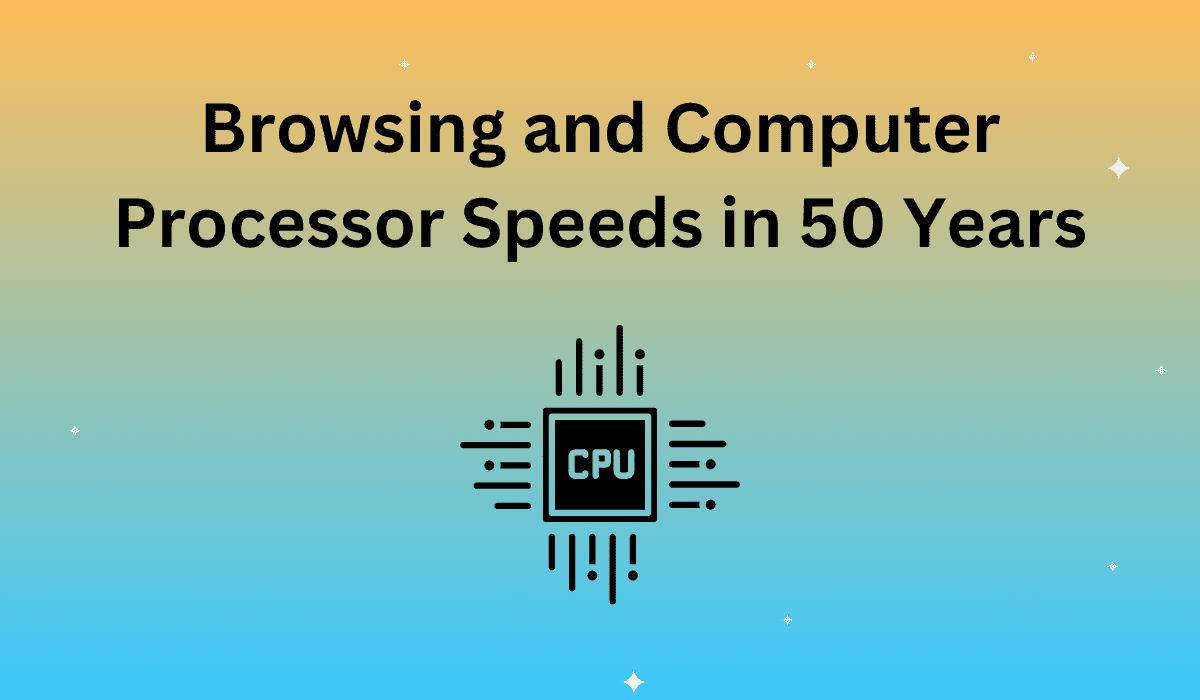Lorem ipsum dolor sit amet, consectetur adipiscing elit. Ut elit tellus, luctus nec ullamcorper mattis, pulvinar dapibus leo.In the past decade, the speed at which a website renders has been a huge deal. Web speed can have a direct and profound effect on sales revenue and brand reputation.
It is fascinating (and somewhat daunting!) to imagine the future of computer speed and website speed in the next 50 years, and the effect they will have on the online marketplace. This article offers a couple of insights.
The Future of Computer Speed
How fast will computers be in the future, you ask? According to Moore’s Law – really darn fast. If the number of discrete elements on a circuit doubles every two years, then a computer’s processing speed roughly doubles every two years as well. While processor speeds stopped conforming to Moore’s Law and started slowing down in 2010, recent developments in quantum computing could catapult processor speeds beyond even what Moore predicted.
In 2010, the fastest commercial processor was IBM’s z196, which ran at 5.2 GHz (or 5.2 billion cycles per second, an almost unfathomable speed). The fastest supercomputer in the world, on the other hand, belonged to China’s Tianhe-1, which ran at 2.5×1015 FLOPS, or 2.5 quadrillion floating point operations per second.
Computers in 2050
In less than 2 years, IBM’s Sequoia came only at 20 petaFLOPS, an 8x increase in processing power compared to the Tienhe-1 (remember: Moore’s Law only predicts a doubling every two years). And in 2025, a supercomputer fast enough to simulate the human brain in real-time is expected to run 500x faster than the Sequoia. 13 years will have passed between 2012 and 2025, and according to Moore’s Law, computing speeds should have only increased 90.5x.
In other words, while there may be a lull in commercial processor speeds (which have to account for market needs), cutting edge processor speeds have already begun increasing faster than Moore’s Law accounted for. By 2050, a supercomputer operating at 1025 FLOPS could be a reality.
This is equivalent to a computer with the full processing power of 1 million human brains.
It is a definite future possibility (though many would say reality) that computers will be “smarter” than humans.
The Future of Website Speed
While it is harder to predict Internet speeds with the same amount of accuracy that we can predict processor speeds, it is safe to say that online speeds will increase at an even faster rate.
It’s important to understand that commercial Internet speeds are artificially reduced by providers so that they may deliver on promised speed to all of their subscribers. Actual peak download speeds are much, much faster – almost ridiculously so.
For example, the average data transmission speed in the US in 2009 was 1.7 Mbps (megabits per second).
At the same time, Bell Labs broke a transmission record with 100 Pbps (petabits per second), which is almost 100 billion times faster. That’s fast enough to download 400 DVDs worth of data each second.
Computing & Browsing Speeds 1 Year Ahead
So what will peak transmission speed look like in 2015?
With improved laser technology and an increased worldwide distribution of servers, Bell Labs could feasibly download every website that has ever existed on the Internet in a few seconds (if even).
Fortunately, commercial Internet speeds will remain artificially slower, and website pages will probably continue to grow larger in size. Which, of course, means that website loading time will remain a priority for developers.











